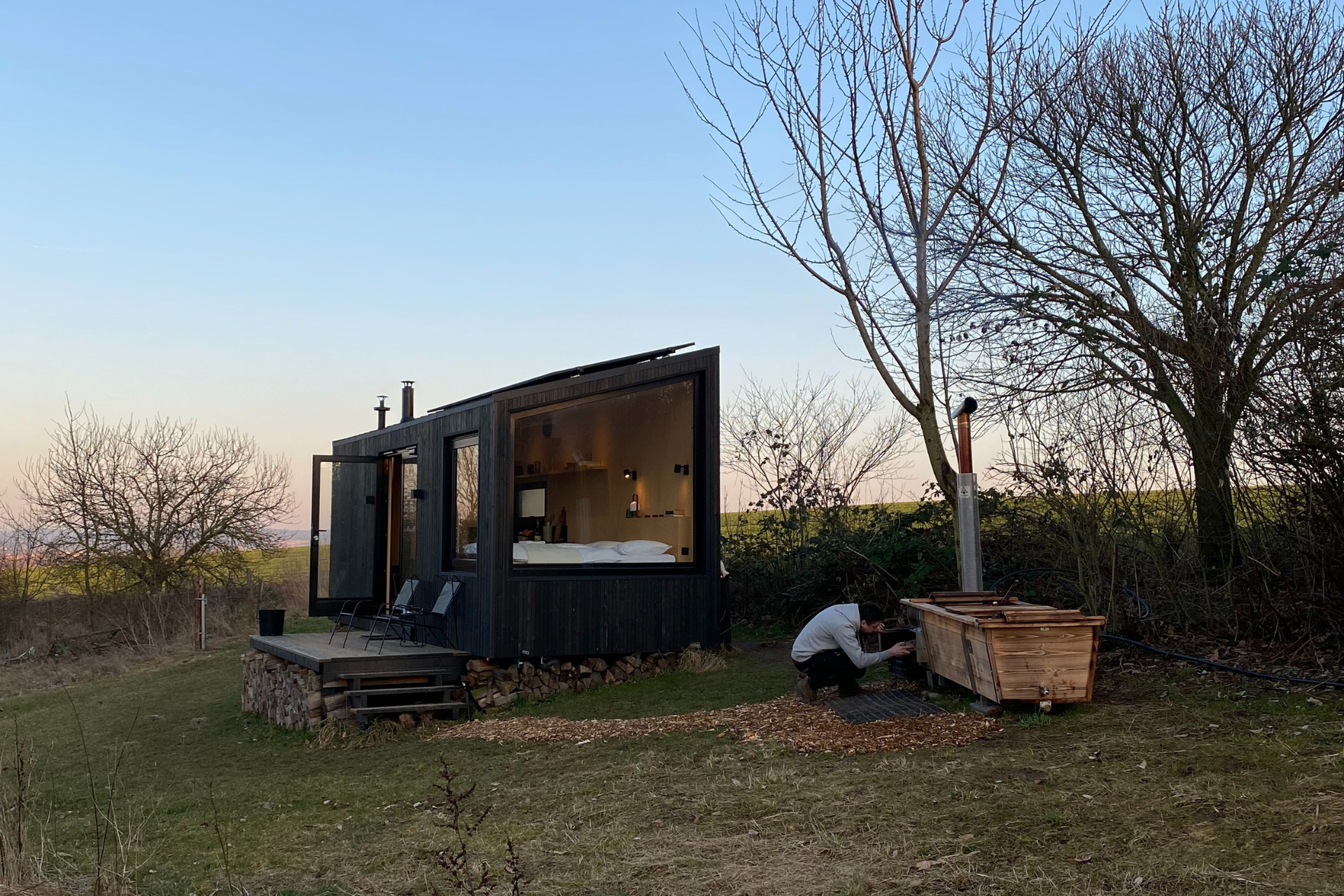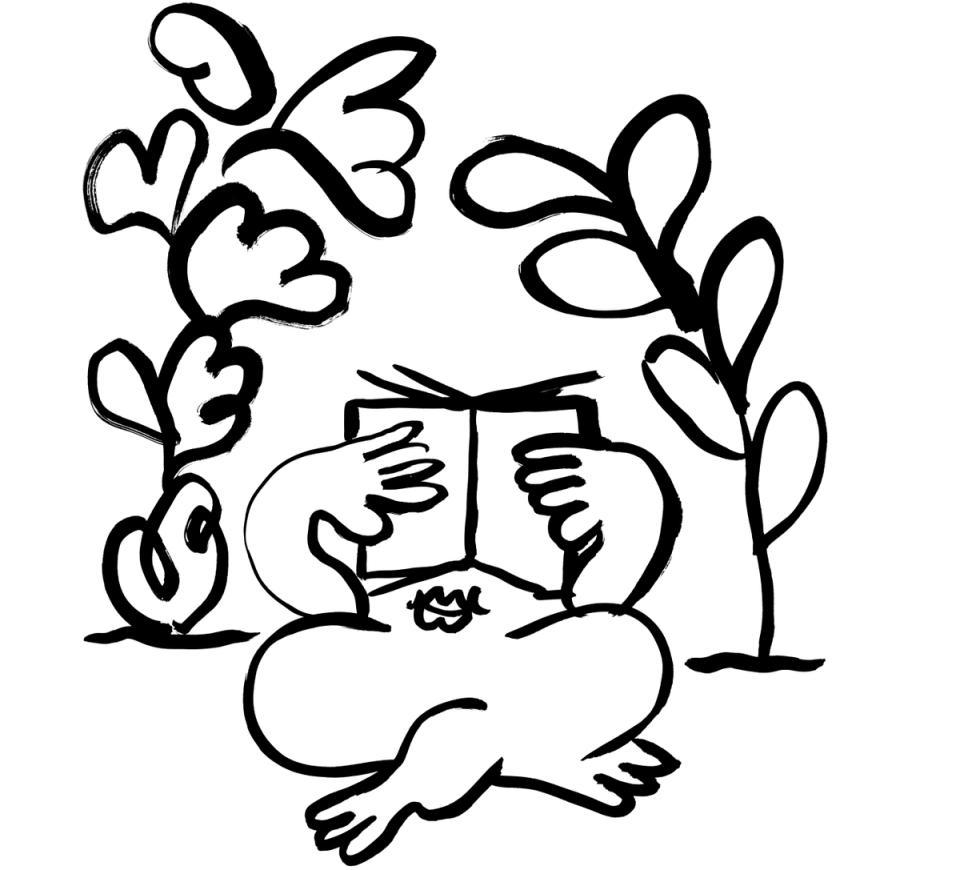Interviews
Nature’s Calling: What does a wine cellar smell like in autumn?
Nature speaks in cycles: in the tender awakening of spring, in the lush abundance of summer, in the golden fading of autumn, and in the quiet stillness of winter. Everything has its time, its own rhythm, its own balance. Those who pause to observe it don’t just witness the growth and decay of plants – they learn the art of mindfulness, and discover how, with patience and care, something as small as a single grape can become something as alive and complex as wine.
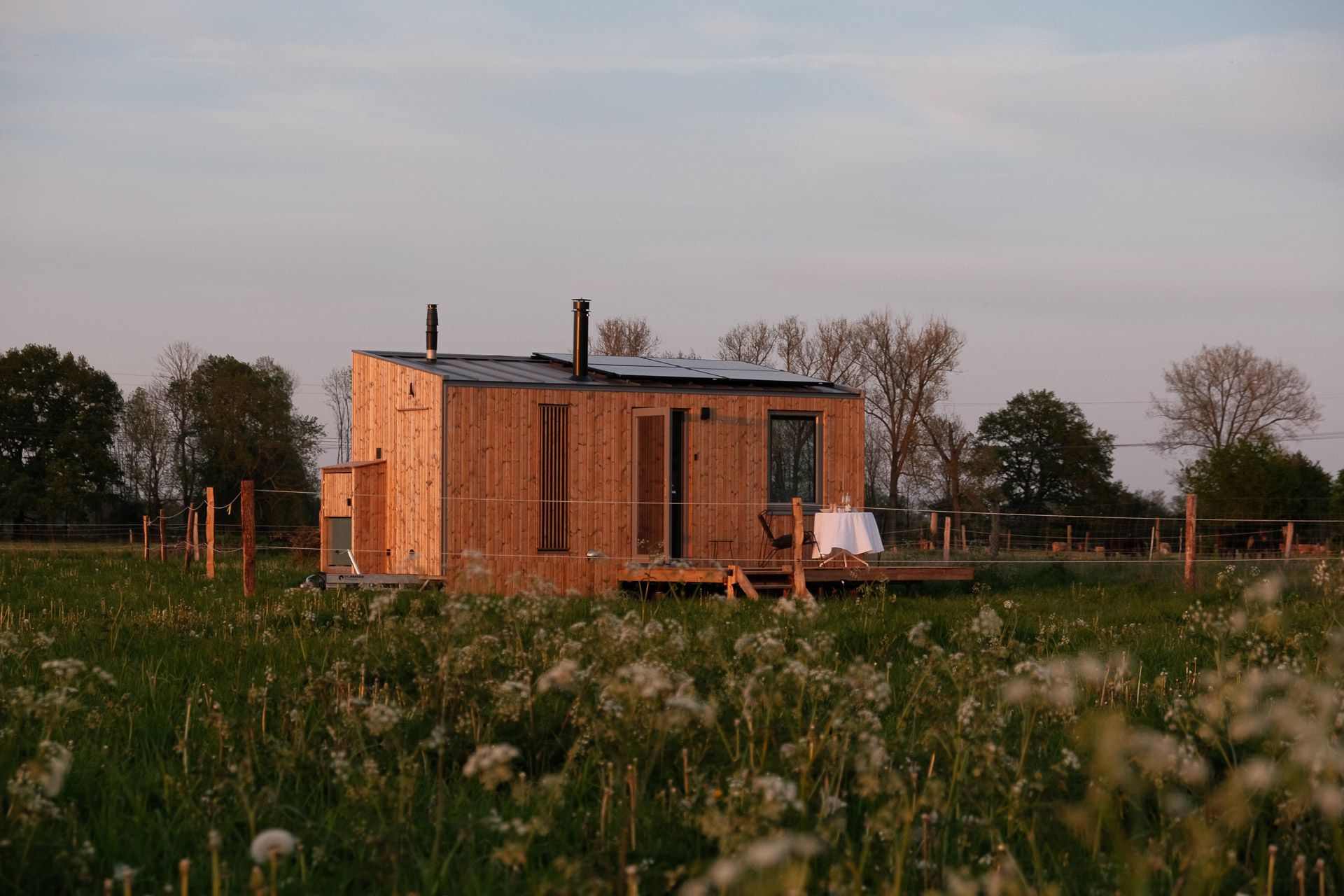
From the very beginning, the wines of Nature’s Calling have accompanied our guests’ moments of escape. Available to book with every stay, their bottles invite you to slow down, savor the moment, and immerse yourself in the atmosphere that unfolds in a glass of wine under the open sky.
We spoke with founder Nicolas to uncover the magic behind their winemaking: the smell of a cellar in autumn, the patience it requires, the intimate connection to nature – and why wine can touch us more deeply than we might expect.
Hi Nicolas! For those who haven’t discovered Nature’s Calling yet – what makes your wines so special?
Our wines are crafted entirely by hand, with a clear focus on staying connected to nature. In the vineyard, we work without pesticides and in harmony with the surroundings. In the cellar, we intervene as little as possible – the wine is allowed to develop freely. What’s unique is that we press right here in Berlin, in the city itself. And all of this happens in collaboration with amazing people who share our vision.
How did Nature’s Calling begin?
It started simply: a group of friends going to the harvest together, making wine, and enjoying the process. Gradually, it grew – more bottles, bigger gatherings, and eventually the idea to bring it into the city. We wanted wine to feel approachable, transparent, tangible. Ultimately, our love for good food and drink brought us there.
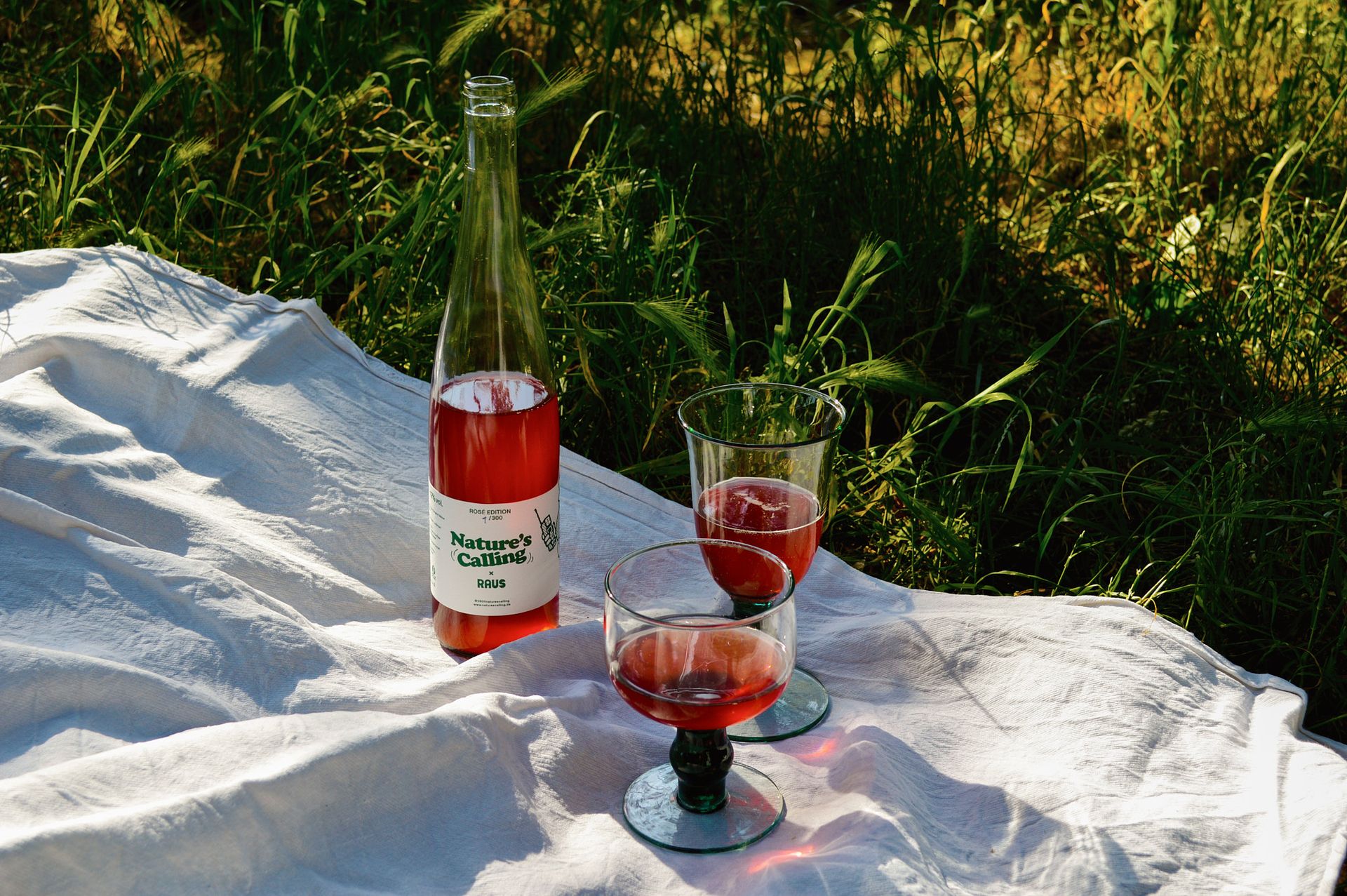
What fascinates you most about winemaking?
That something so complex can come from a single grape. So many flavors, textures, moods – and no two wines are ever the same. It’s quite magical.
How long does it take from harvest to bottle?
It depends on the wine. For example, we pressed our Berlin wines in September 2024 and bottled them in August 2025. In between, a lot happens: barrels are topped up, wines are tasted, decisions are made – whether to blend wines together or let them stand alone. It’s an ongoing process.
How has making wine changed your relationship with nature?
I notice it so much more consciously now. I watch the seasons, the ripening of plants, the dryness of the soil, the activity of insects. All of this influences the wine – and me.
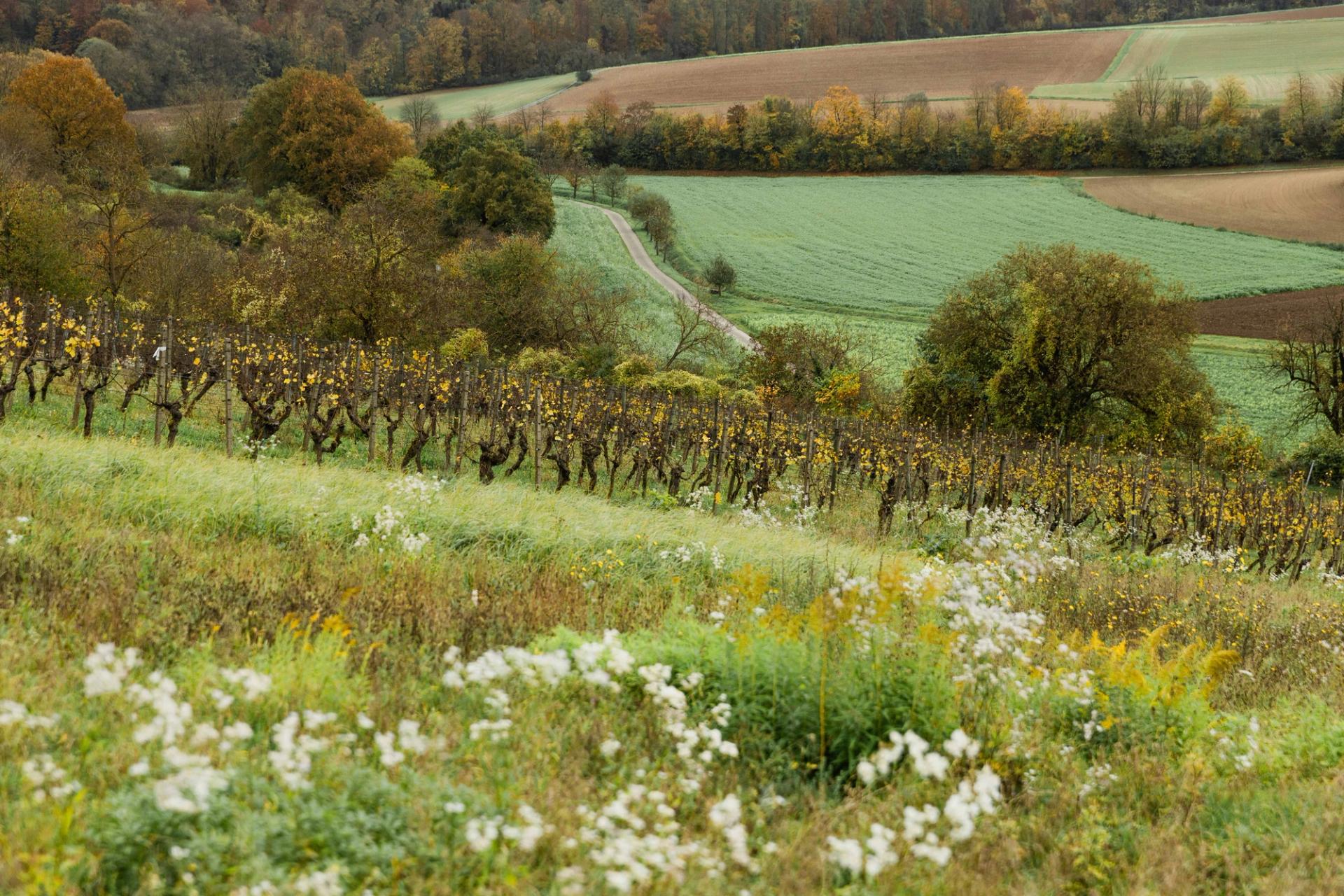
Has observing nature taught you about mindfulness and slowing down?
Absolutely. Nature works in cycles, and that has shown me how important balance is – not just in the vineyard, but in life. How I eat, move, rest, and allow inspiration to come. Everything is connected.
What does a wine cellar smell like in autumn?
Fermented. Alive. Wild. Hard to describe, but unforgettable.
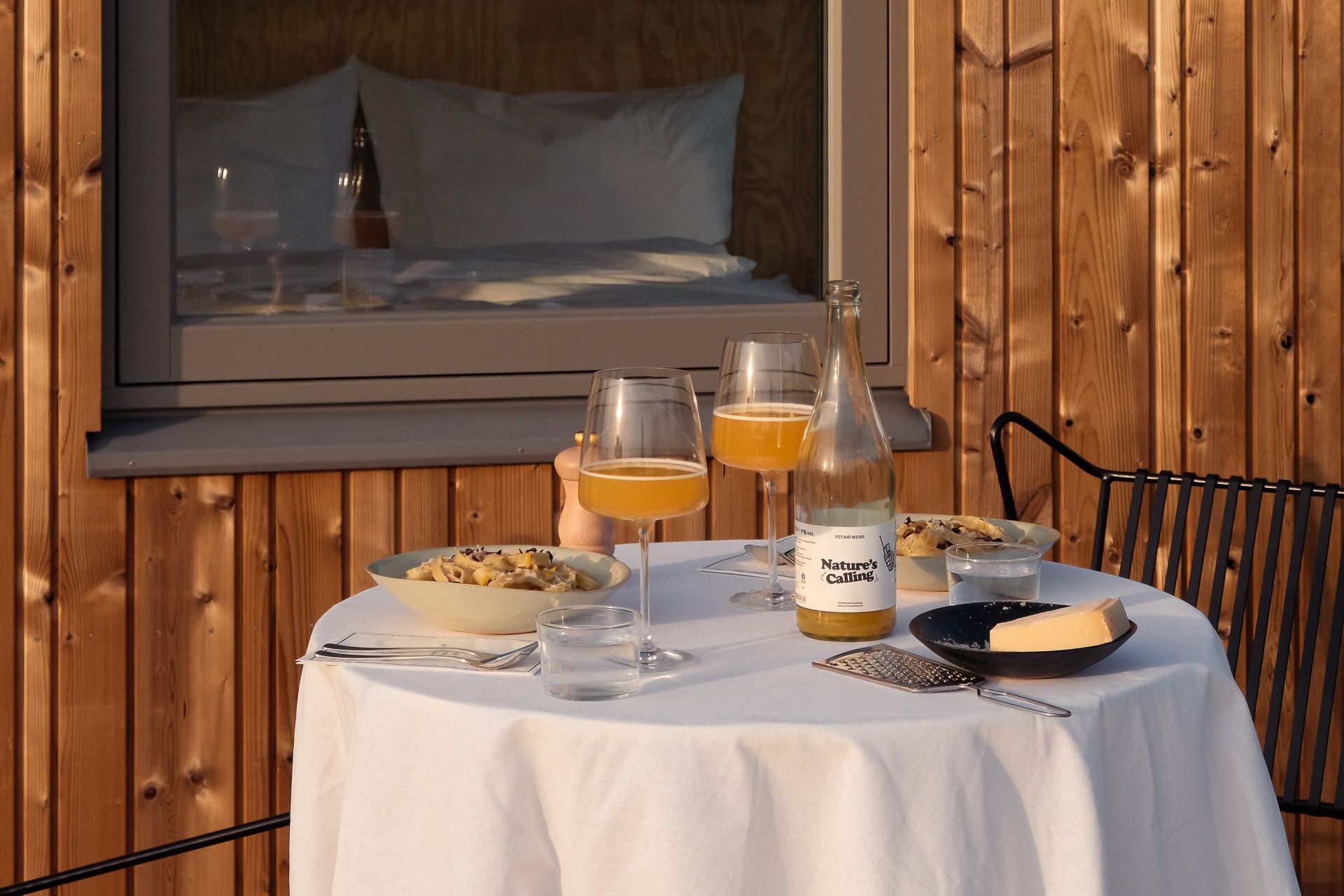
What’s the nicest compliment you’ve ever received about your wine?
We hear this often: “I didn’t care about wine before, but yours makes me excited about it.” That’s the best feedback – to inspire people who didn’t feel connected to wine before.
How do you recognize a good wine?
There’s no one answer. It depends on your mood, what you feel like, and who you’re sharing it with. A good wine is one that moves you – in a personal, unforgettable way.
